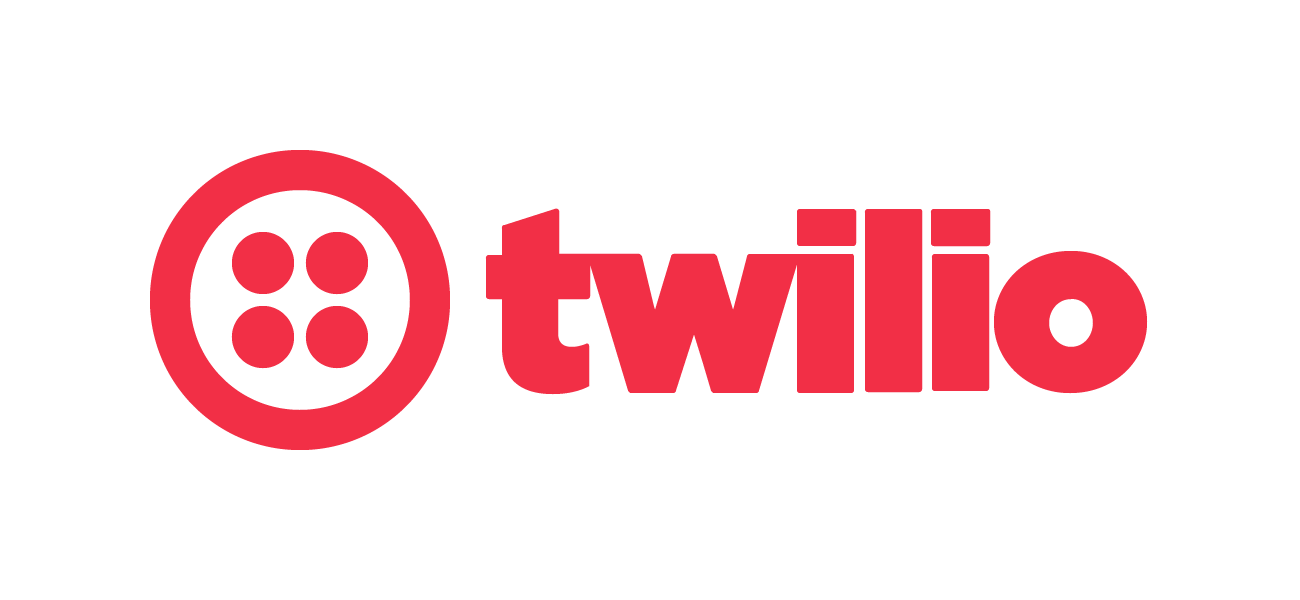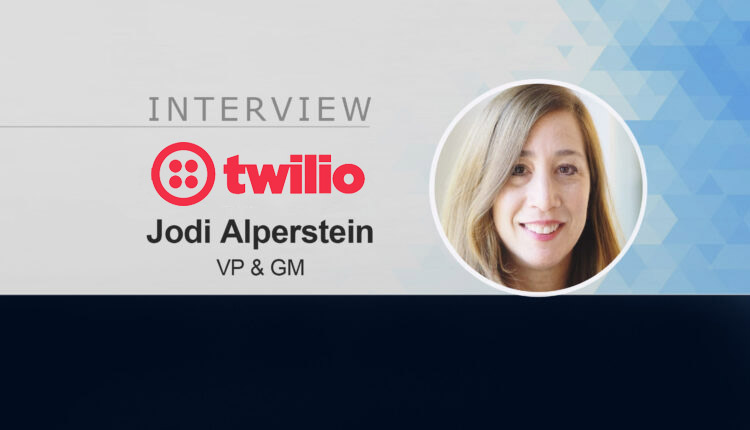Despite there being a significant need for better personalization in B2B marketing, most brands still aren’t able to fully optimize their personalization tactics to meet actual customer preferences, Jodi Alperstein, VP & GM at Twilio Segment shares her observations in this MarTech Series chat:
______
Welcome to this MarTech Series chat Jodi. Tell us about yourself and a little more about your role at Segment?
Sure, I’d be happy to share more! I am currently Vice President and General Manager at Twilio Segment, I lead the strategy and development of our customer data integration and infrastructure technology, Segment Connections.
We’d love to hear more about Twilio’s recent launch of the Twilio Engage platform and how that is set to benefit marketers?
Since the beginning of the pandemic in 2020, the world has gone through a great digital acceleration. Now more than ever before, businesses need to deliver unique, highly individualized experiences for their customers — the same way that companies like Amazon and Netflix do. However, most companies do not have the time, resources or engineering to make this happen. We launched Twilio Engage to democratize personalization so that every company, big and small, can deliver world-class customer experiences.
Twilio Engage is a Growth Automation Platform that gives marketers the tools, integration and analytics they need to deliver true end-to-end customer engagement, so that they can deliver personalization at scale. Our product is designed for marketers responsible for driving customer acquisition, conversion and retention, which includes the decision makers (VPs of Marketing/CMOs), the champions (growth, email and campaign marketing managers), and influencers (growth product managers, head of marketing technology and CRM marketing managers). A combination of Segment’s Customer Data Platform (CDP) and Twilio’s communication APIs, marketers can use Twilio Engage to run hyper-personalized campaigns at scale.
In what ways are you seeing end users demand more connected experiences from marketers across B2B and B2C segments today?
Research from Twilio and Deloitte shows that while 79% of B2C business leaders think their customers have somewhat or very high trust in their brands, only 52% of consumers report feeling those same levels of trust in the brands they’ve interacted with so far in 2021.
Additionally, our own research on personalization showed that while 85% of businesses believe they are offering personalized experiences, only 60% of consumers think brands are actually providing them. This means that there is a significant gap in the experiences brands think they’re offering, versus what they actually offer.
Marketing Technology News: Anvil Launches Workflows to Automate Complex Webs of Paperwork
How can marketers learn from this and bridge the gap? Can you talk about a few best practices and martech that come to mind here?
Marketers can build trust with their customers by shifting away from using third-party data for the customer experience (i.e. data that has been collected by an entity that does not have a direct relationship with the user) and instead harnessing first-party customer data (i.e. data about your own interactions with your own customers). Not only is it a better practice from a privacy standpoint, but it also is the only way for businesses to truly provide consistent, high-quality personalized experiences as first-party data is extremely accurate.
There is a big shift happening right now towards a privacy-first mindset. For every company, the shift to first-party customer data needs to happen now.
Can you talk about a few top challenges that you still see marketing teams face when implementing basic processes to drive customer journeys and customer engagement models?
The biggest challenges for marketers today can all be boiled down to one thing: lack of data. This leads to serious issues when it comes to personalization.
Personalization calls for the collection of highly accurate and clean first-party customer data, along with flexible technology that can help brands utilize it to deliver great customer experiences.
First, there’s the amount of data and data sources to pull from. Today’s marketing clouds are not built to ingest so much data from so many different sources. They are built around CRMs, which were built 20 years ago and focus on tracking sales conversations and pipeline forecasting.
Second, companies are still struggling with unifying that customer data to better serve and communicate with their customers. This leads to fragmented customer experiences and frustrated marketers who try to build a single view of the customer so they can focus on meaningful engagement but ultimately aren’t able to do so
These problems occur because today’s marketing solutions are mostly one-size-fits-all, off-the-shelf software. They don’t allow businesses to build the customer data technology stack that is unique to their business needs and the needs of their customers.
Any last thoughts and marketing / martech takeaways and predictions for 2022 before we wrap up?
Yes—2022 will be a make-or-break year for companies to get their first-party data situation in order. We’ve been going through a tremendously fast digital acceleration and there is no going back. First-party data will be key to providing amazing customer experiences.
Additionally, as new, real-time platforms continue to be created (think TikTok and Clubhouse), businesses will expand beyond the traditional channels of engagement and find new ways to connect with their customers.
Marketing Technology News: MarTech Interview with Eddie Porrello, Director of Product at Amber Engine

Millions of developers around the world have used Twilio to unlock the magic of communications to improve any human experience. Twilio has democratized communications channels like voice, text, chat, video, and email by virtualizing the world’s communications infrastructure through APIs that are simple enough for any developer to use, yet robust enough to power the world’s most demanding applications. By making communications a part of every software developer’s toolkit, Twilio is enabling innovators across every industry — from emerging leaders to the world’s largest organizations — to reinvent how companies engage with their customers.
Jodi is a problem-solver who loves to bring great products to market through collaboration. She is currently the Vice President and General Manager of Twilio-Segment. A customer-driven, results-oriented leader with a track record of driving growth, revenue, and profitability, Jodi improves company performance by working closely with executives to create a shared vision; translating big-picture goals into effective, actionable strategies, while guiding empowered product teams to seamlessly deliver world-class products and services. Before joining Segment, Jodi was Vice President of Product at Hired, Inc., Roofstock, and Credit Karma, and a Managing Director at Moody’s Analytics.
Missed The Latest Episode of The SalesStar Podcast? Have a quick listen here!
Episode 106: The Need for Predictive Systems in B2B: with Viral Bajaria, CTO and Co-Founder, 6sense
Episode 105: Biggest Sales Enablement Trends and Challenges with Mert Yentur, CEO and Founder at Pitcher AG
Episode 104: CMO Best Practices with Kevin Tate, Chief Marketing Officer at Clearbit











